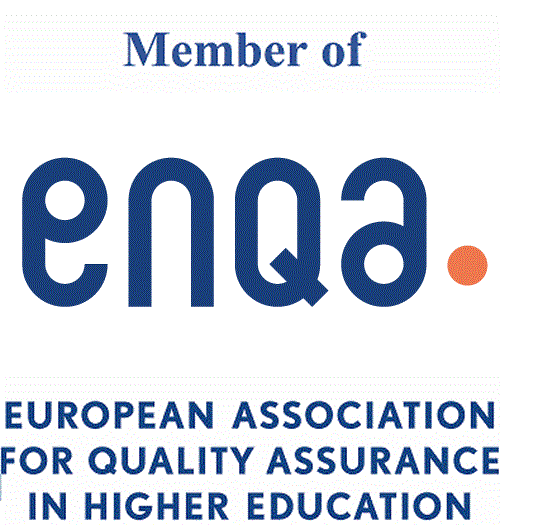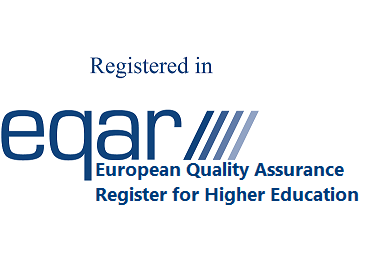On January 17-18, Erasmus+ project Micro-GEAR (Micro-qualifications in higher education systems of Armenia and Georgia) kick-off meeting took place in Tbilisi.
The meeting was attended by Ruben Topchyan, ANQA’s director, and Ani Mkrtchyan, responsible for ANQA’ Internal Quality Assurance.
During the meeting, a reference was made to the need of micro-credentials, their implementation practice and legislative regulations. The meeting outlined the stages and timeframes for the implementation of the three-year project, while also covering the existing challenges.
Partner organizations presented their activities and role in the project. ANQA delivered two presentations. The first one was dedicated to ANQA’s activities and achievements. The second presentation "Policy and Processes of the Higher Education Sector in Armenia", highlighted the current state of awarding micro-credentials and underscored the changes necessary for introducing the micro-credentials system.
It was emphasized that:
- There is a legislative gap in the RA. Current legislation does not provide any definition for micro-credentials. The Law on Education defines supplementary education as a short-term academic programme.
- The RA Education development plan until 2030 envisages the development of a legislative framework for awarding micro-credentials.
The Micro-GEAR project aims to support the introduction and adoption of the micro-credentials system in Armenia and Georgia. It will contribute to the enhancement and flexibility of higher education, and the expansion of opportunities for lifelong learning. Within the scope of the project, the legislation regulating the micro-credentials field and the National Qualifications Framework in Armenia and Georgia will be revised. Mechanisms for quality assurance of micro-credentials will also be established, facilitating their mutual recognition.
The involved HEIs will develop and pilot micro-credentials with the support of partners. ANQA and National Center for Educational Quality Enhancement of Georgia will leverage their expertise to support project partners in localizing best practices, organizing educational and quality assurance processes, and revising the National Qualifications Framework.
The project partners are the ministries of education of Armenia and Georgia, national accreditation and academic mutual recognition centres, higher education institutions (Yerevan State University, Eurasia International University, Georgian Technical University and The University of Georgia), research centres. On the European side, the project consortium includes three higher education institutions, the Italian ENIC-NARIC Centre and a Quality Assurance Expert Company.



